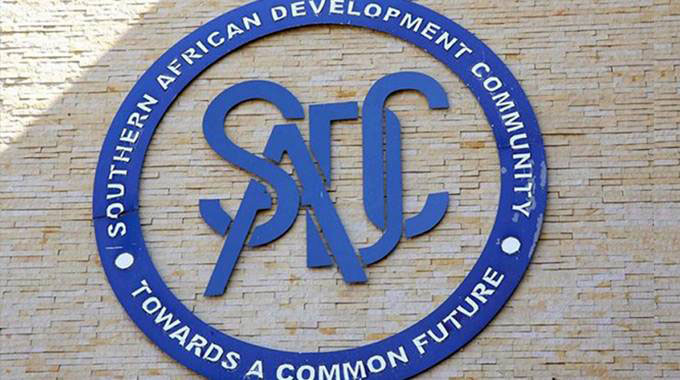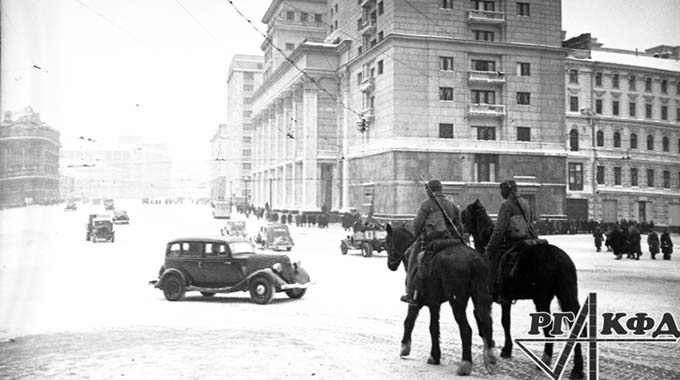Sadc standby force to the rescue

Fungi Kwaramba
Political Editor
AFTER a meeting of the SADC Troika in April this year, President Mnangagwa told journalists that the summit had agreed that the region’s standby force, “be resuscitated and capacitated immediately so that it can intervene” and offer a proportionate regional response to the terrorists in Northern Mozambique who have killed over 3 000 civilians and displaced close to a million.
And while addressing the 351st session of the Politburo at the Zanu PF headquarters in April this year, President Mnangagwa said despite the declaration by the United Nations (UN) for 2021 as the “International Year of Peace and Trust”, “it is disheartening to note that the region is under attack”.
“Insurgencies are threatening to slow down and reverse our collective efforts to achieve the aspirations outlined in the United Nations SDGs, the African Union Agenda 2063 and within SADC.
“As Zanu PF, we stand in solidarity with our sister party, Frelimo as well as the government and people of the Republic of Mozambique in the wake of the on-going disturbances in Cabo Delgado Province, in northern Mozambique. An attack on one of us is an attack on all of us.
“United we stand. Hence, we cannot sit back and allow acts of insurgency to continue without a robust regional response. Last week, I therefore attended the SADC Double Troika Summit in Mozambique, where the regional bloc resolved to immediately make technical deployments towards restoring peace and stability,” he said.
It therefore came as a relief to many who had watched the unfolding crisis in Mozambique when the SADC executive secretary Dr Stergomena Lawrence Tax said the region’s troops are ready.
“Summit endorsed the recommendations of the report of the chairperson of the Organ on Politics, Defence and Security Cooperation and approved the mandate for the SADC standby force mission to the Republic of Mozambique, to be deployed in support of Mozambique to combat of terrorism and acts of violent extremism in Cabo Delgado,” she said.
Apart from deploying an army, SADC will in collaboration with humanitarian agencies continue providing humanitarian support to the population affected by the terrorist attacks in Cabo Delgado, including the internally displaced persons.
Although no timelines have been given for the intervention, the move by the 16-member bloc to deploy troops follows recommendations that were made by a technical team that was set up in April for the bloc to deploy.
To thwart an insurgency that began in 2017 and which has been characterised by the brutal killing of innocent civilians in the gas-rich Cabo Delgado region with the bloodthirsty terrorists beheading some of their victims, SADC was compelled by the United Nations’ “responsibility to protect” principle to prevent human catastrophe.
Writing in the Conversation, Professor Francois Vreÿ from Stellenbosch University said the UN principle has three elements. These are to prevent conflict, to react once conflict has started with a view to stopping the violence, and to rebuild in the aftermath of the conflict.
Intervention by SADC African leaders for “African solutions for African problems” with the current problem where the terrorists are beheading children as young as 11 according to a report by Save the Children released in March.
While Africa has lately been looking inward for solutions to challenges bedevilling the continent SADC as it steps in, in Mozambique is using its 2003 Mutual Defence Pact which regulates its responses to an armed attack on a fellow member state. The pact outlines the manner in which the region can respond to such a crisis as is unfolding in Mozambique.
The SADC Brigade supports regional peace operations under the African Standby Force Policy Framework. The Brigade, launched in August 2008, is made up of military, police and civilian members from SADC member states.
In 2008 SADC established the its Standby Force and Brigade whose function is to participate in missions as envisaged in Article 13 of the “mandate” of the Peace and Security Protocol relating to the Establishment of the Peace and Security Council of the African Union, which includes: observation and monitoring missions, peace support missions, interventions for peace and security restoration at the request of a Member State; and actions to prevent the spread of conflict to neighbouring states, or the resurgence of violence after agreements have been reached.
In 2020 alone, there were more than 570 violent incidents from January to December, in the gas-rich province according to the Armed Conflict Location and Event Data Project (Acled), which monitors political violence globally.
This year terrorists have scaled up their terror with the attack on the town of Palma in Cabo Delgado where scores of people, including a Zimbabwean, were killed — the deadliest since the Islamic State linked militia started a reign of terror in the region.
UNICEF director of emergency programme Mr Manuel Fontaine, who was recently in Cabo Delgado interacting with the affected local communities as well as the authorities said there is presently no end in sight to the nightmare in Mozambique.
“It is just constant stories where you talk to people about having to run in the middle of the night, with, hopefully, the family together, but very often, families being separated . . . There are stories of people being kidnapped, stories of gender-based violence, horrific stories of the ordeals of people walking for days and days, kids arriving with their feet swollen and injured and having to be taken care of.”
According to the UN International Organisation for Migration (IOM), more than 17 000 people have been on the move since the violence last month, with women and children accounting for almost 74 percent of those displaced.
Prior to that, nearly 670 000 — including some 160 000 women and adolescent girls as well as 19,000 pregnant women — were internally-displaced in Cabo Delgado.









Comments